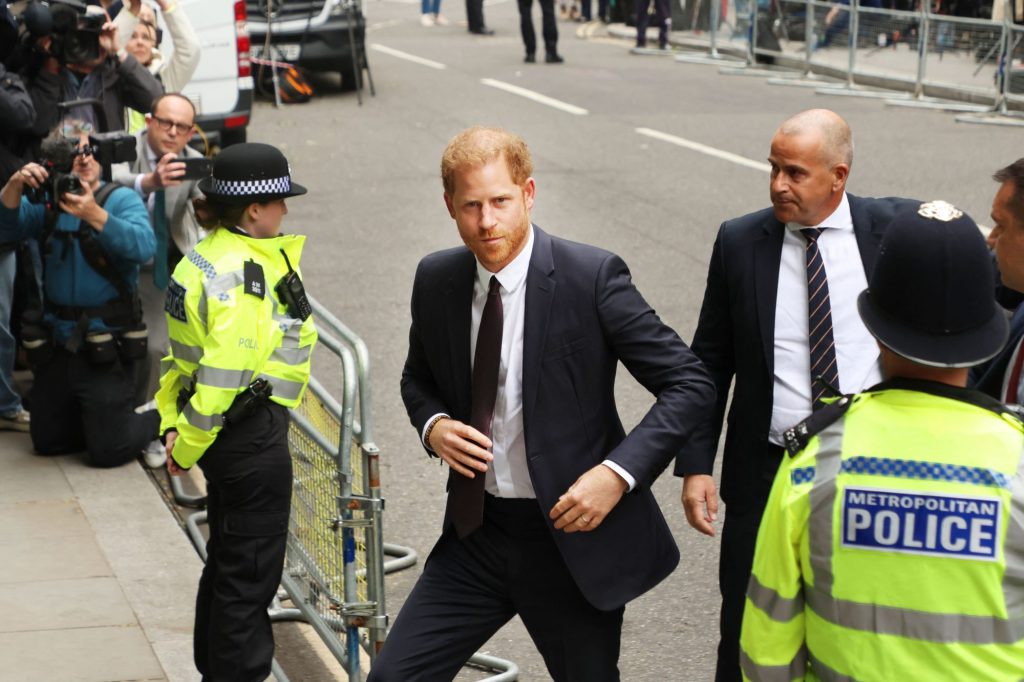Must Read
Duke of Sussex Loses Legal Battle Over Security as Judge Sir Peter Rejects Harry’s Demands
Prince Harry faced a significant setback in his legal battle concerning security measures, as Judge Sir Peter dismissed his demands at the High Court.
Court documents unveiled that the Duke of Sussex had sought to uncover the individuals accountable for reducing his police protection at his residence.
The judge ruled that Harry had not provided sufficient evidence to support his claim that the downgrade was unjust or illegal, potentially leaving him liable for covering the legal expenses incurred during the case.
The legal dispute arose after Harry and his wife, Meghan, relinquished their royal duties and departed from the United Kingdom in January 2020.
Harry contended that the decreased security posed risks to his safety and that of his family, drawing parallels to the tragic circumstances surrounding Princess Diana's demise in 1997.
In a 52-page ruling, it was disclosed that Harry had demanded to identify the government official responsible for the decision, emphasizing, “I'd like that person's name.”
During a court hearing in London last December, the government argued that Harry's security arrangements should be tailored individually, rather than following a standard protocol.
The Home Office's legal representatives highlighted the finite nature of public resources and justified the limitation of police protection to individuals serving the state through their public roles.
Judge Sir Peter Lane concurred with the government's stance, stating that there was no evidence of illegality, irrationality, or procedural unfairness in the decision-making process led by the Royal and VIP Executive Committee (RAVIK).
Despite Harry's assertions that his status as a prince and his position in the line of succession warranted continued security measures, the judge affirmed that RAVIK had taken into account his background and potential threats.
Harry insisted that the committee should have considered the consequences of a successful attack on him, but Judge Sir Peter commended RAVIK for its expertise and knowledge in handling security matters within a specialized domain.
Following the court's ruling, a spokesperson for Harry declared his intention to appeal the decision, emphasizing his pursuit of fair treatment based on RAVIK's regulations.
The Duke now faces a substantial legal bill estimated at £1 million due to the unsuccessful outcome of the High Court case.
Unless his appeal proves successful, Harry will be responsible for covering his legal expenses and those of the Home Office, which had already accrued costs amounting to £407,000 by October last year.
In response to criticisms regarding the security issue, Harry and Meghan were reminded that their choice to step back from their royal duties and relocate to California had influenced the reduction in their security provisions.
The public sentiment echoed the notion that as non-working royals residing overseas, the couple's security requirements had naturally evolved.
The narrative suggested that Harry should embrace the consequences of his decisions and take personal responsibility for ensuring his safety in alignment with his current circumstances.




















